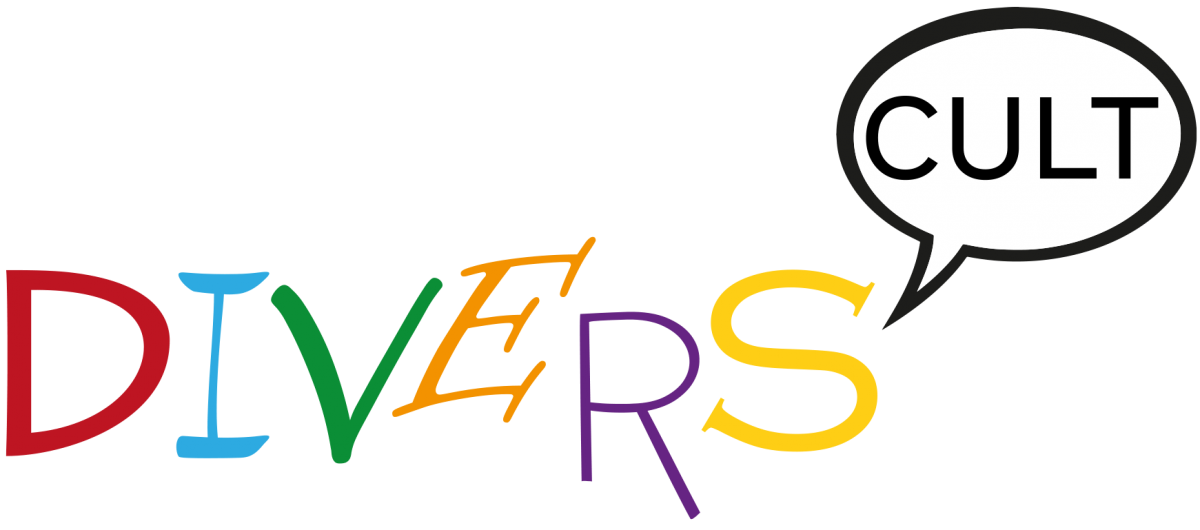About the Divers-Cult Project
Background
The UNESCO General Conference declared the years 2013-2022 as the "International Decade for the Rapprochement of Cultures" intending to strengthen intercultural dialogue and respect cultural diversity and human rights at national, regional, and international levels.
Cultural awareness and expression are key skills (KC8) for lifelong learning. However, current findings (EC, 2017) show that diverse landscapes foster intolerance and social exclusion rather than social inclusion in the school context.
The transition from offline to online learning brought about by COVID-19 has a detrimental impact on students in elementary and lower secondary schools who have the most difficulty adapting to the new online learning environment. This change is projected to aggravate current educational disparities.
During this emergency phase, more vulnerable pupils, such as those from less privileged homes, are more likely to fall behind. These pupils are less likely to access appropriate digital learning tools and an appropriate home learning environment.

Aim
Through new pedagogies, suggestions, and educational resources, the Divers-Cult Project strives to promote diversity in the classroom as a vital capacity for teachers and students in primary and lower secondary school.
For teachers, this capacity must be possessed before entering the teaching profession (European Commission /EACEA/Eurydice, 2013) and must be continuously updated to respond appropriately and effectively to future societal demands, challenges, and opportunities.
The increasing diversity of cultures, ethnicities, and communities in European classrooms demands capable teachers in promoting inter-group tolerance and understanding by using learner-centred teaching practices that enforce diversity as a benefit and resource.
The project encourages students and instructors from participating schools to take a collaborative approach. In this regard, the use of ICT applications is intended to enhance the cooperative attitude and support students' personal growth and motivational learning. The project is based on the needs of the engaged Partners, considering the unique characteristics of the participating school audience and the teachers' and headmasters' reporting following Covid-19 distance learning.

Approach
For the effective implementation of the project, the consortium at first step aims to define the Key Intercultural Competencies and develop a framework of the most relevant intercultural knowledge and skills that students should acquire. The framework elaborates three levels corresponding respectively to EQF levels 1-3.
As a second step, the consortium aims to create a Multicultural Educational Tool and Guidelines for teachers having as guide the developed framework. The toolkit incorporates the direct involvement of teachers and students from Partner organisations.
DIVERS-CULT targets to:
As a second step, the consortium aims to create a Multicultural Educational Tool and Guidelines for teachers having as guide the developed framework. The toolkit incorporates the direct involvement of teachers and students from Partner organisations.
DIVERS-CULT targets to:
- Promote intercultural dialogue as a key channel for enhancing conflict resolution,
mutual respect, understanding, social cohesion, inclusion, democratic participation,
empowerment of citizens and international cooperation - Build a framework for commonly shared values that fosters cultural diversity
- Disseminate these principles and tools of multiculturalism through quality education
- Strengthen teachers’ self-esteem and preparation for cultural diversity management
